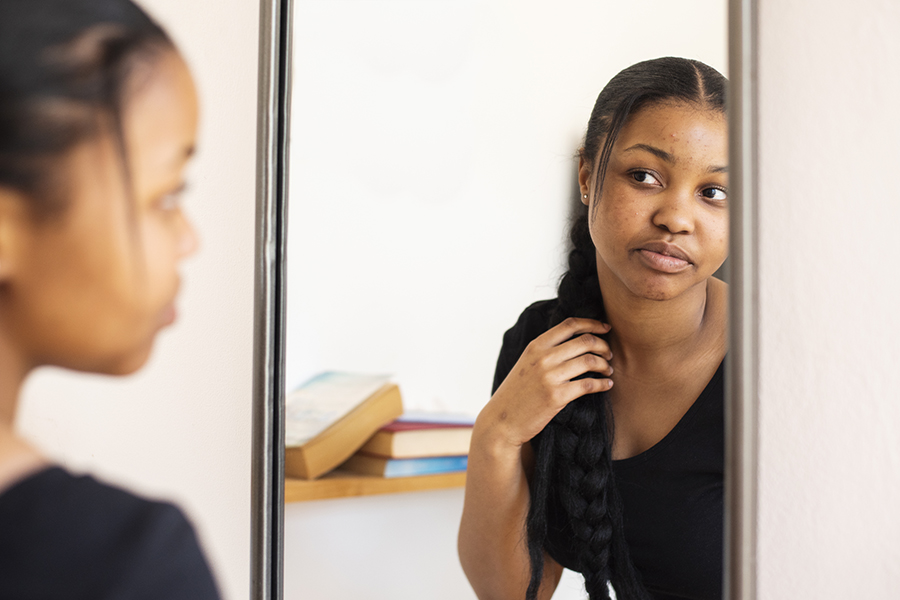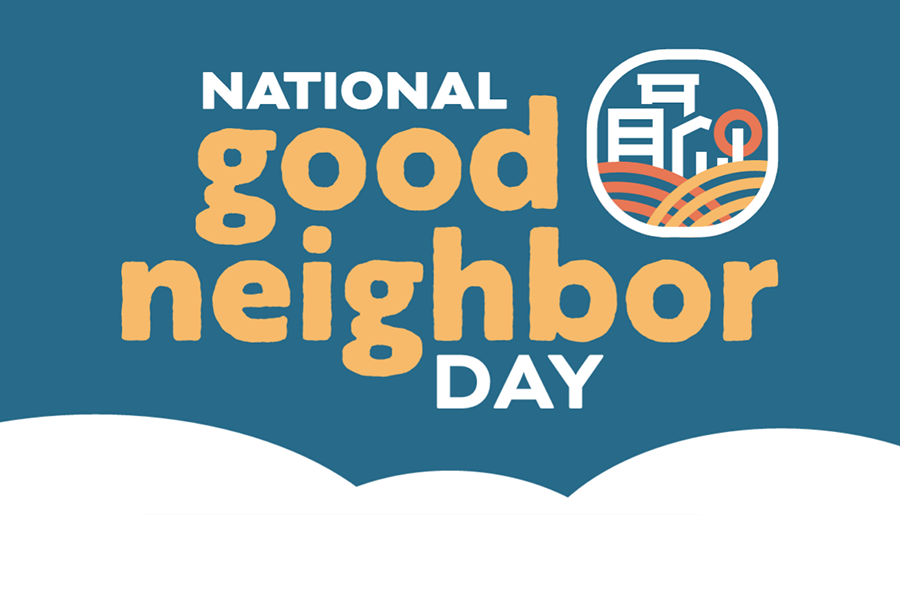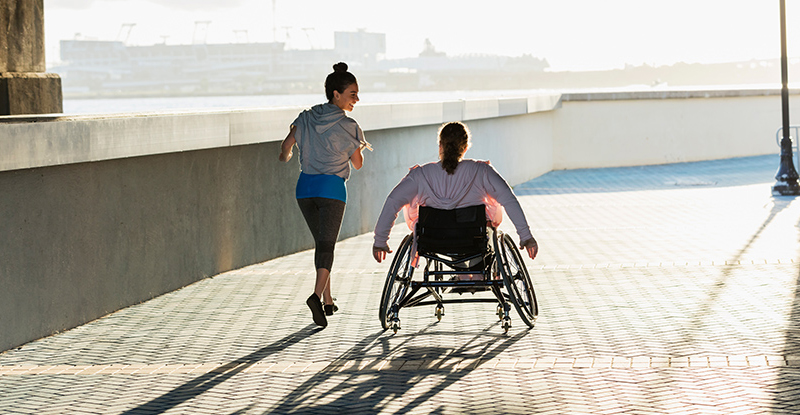As a mother of a teen girl myself, I know how difficult it is for teen girls to just be in today’s present world. The CDC released an article stating that “US teen girls are Experiencing Increased Sadness and Violence”. Both males and females are suffering, but the data shows that girls actually “fared worse than boys with higher rates of alcohol and drug use than boys.” Girls were also experiencing higher levels of bullying via social media. Sadly, many more girls have attempted suicide than boys, as per this CDC report.
As parents, what can we do to support our teen girls during this time of hormonal changes, physical body changes, and emotional changes? Let’s discuss a couple of factors that are creating an impact on our teen girls and their development. The first is the most obvious which is the COVID-19 pandemic and shut down. We can’t minimize the effects of the COVID-19 pandemic when our children were isolated, lonely, scared and their friendships changed (due to varying levels of comfort around attending school in person and seeing friends outside of school). For the children who maintained contact with peers, their friendships were maintained. For those who remained virtual, their friend group likely decreased in size or changed altogether. However, there are also other variables at play here.
Dissatisfaction with Physical Appearance
We can’t undermine the impact of social media. Our teen girls are scrolling all day on social media and watching videos of other young girls who have edited their bodies and are likely using filters. These images become embedded in their minds which becomes the standard for beauty; great contouring, high cheek bones, minimal breakouts, long, lean legs, and styled hair every day. Sadly, these are untruthful images and when our girls look in the mirror, they don’t match up with what they have been mindlessly taking in day after day. This discrepancy between what a teen girl sees in the mirror and the standard that she now holds in her head creates a great deal of dissatisfaction with her hair, her body shape, her skin, her clothes, and so on.
Need for Immediacy
Adolescence is a time of great change hormonally, emotionally, physically and socially. Our teens are building their identity and sexuality, in general. To be the target of bullying or violence makes this process that much more stressful and often hinders and stifles our teen girl’s growth process. Let’s take this one step further with the expectation for immediacy and quickness. With that said, they experience a high level of frustration when they make an effort towards their school work or their fitness level and don’t see immediate change. Due to the immediacy effect where our teens want things to happen “now,” they struggle when they don’t have the outcome they want right away and they give up. For example, treating acne, gaining weight or losing weight and working on their academics takes time and effort. Sadly, the TikTok and Instagram reels and posts that they see show quick results rather than the honesty behind the fact that change takes time, discipline and consistent effort.
Our teen girls further struggling to sit with feelings of anxiety, frustration or sadness and seek immediate relief, which often results in turning to alcohol, self harm or other substances to numb the uncomfortable feelings that arise. They are showing a low level of frustration tolerance and a poor ability to sustain their efforts and work towards goals that result in incremental progress versus immediate results.
Acting Out or Withdrawing In
In my experience, teenage girls manifest their distress in one of two ways: acting out or withdrawing inwards. Teen girls who act out may:
- Skip a class or classes
- Avoid school
- Get into fights in school with other students or teachers
- Not complete assignments
- Perform poorly on tests, quizzes and other assignments
- Self harm via cutting, etc.
- Use substances
On the flip side, there are teen girls who turn inward and suffer quietly. These girls may:
- Be overly agreeable
- Gain or lose weight due to binge or restrictive eating
- Isolate from friends
- Over sleep or under sleep
- Appear quiet and sad
- Speak only when spoken to or very little overall
As a school staff member or as a parent, if you notice a change in a teen girl’s functioning, this is a sign to intervene. Connect with her, reach out to her, let her know that you notice that she’s sad, preoccupied or there’s been a change in her overall demeanor. Rather than providing suspensions or detentions, offer support and compassion. These girls are not “bad” or “belligerent” or “difficult,” rather, they’re hurting and their behavior is their form of communication, rather than their words. Many teen girls are embarrassed to ask for help in that they don’t want to appear to be “needy” or they think that other kids have it “worse.”
And other teen girls feel that they are the “only” ones who are feeling anxious or depressed and what they don’t realize is that they are part of a larger group of teen girls and they are all running alongside each other, in isolation. Think about how much better it could be for them if they could join with other girls and share their feelings and experiences in a validating and supportive way.
School Support
School Counselors, School Psychologists, School Social Worker, Student Resource Officers, or Principals can reach out to parents and share their observations. Create consistent communication between home and school so the teen girl knows she has her people around her for support. It’s helpful to know if there are circumstances at home, such as change in income due to a parent losing a job, divorce, family conflict, poor communication, additional family members moving in and taking space in the home that was once theirs, etc.
School can be a place of safety and consistency for teen girls. Provide counseling and group counseling for teen girls so they can begin to understand that they are not the only ones who are struggling. Teachers, connect with teen girls by praising them for their effort, the outcome of their efforts and their participation. Encourage them to participate in clubs and activities to have a place for their energy and to engage in the camaraderie that comes with being a part of a team or group. If there isn’t a club, create one!
School personnel can also continue to discuss the signs of anxiety and depression and to provide resources for those who are feeling suicidal, who have been bullied, assaulted or raped.
Home Support
Parents, check in with your teen girls regularly. Ask questions and let your teen know that you have space and time for her to share her thoughts. Teens can be finicky in when they are ready to speak, so be available. Send texts to let your teen girl know you are thinking about her, wish her good luck on her next test, or to wish her a great Wednesday. Maintain contact, ask questions and then back up and offer space. When they are ready to talk, make yourself available.
When your teen girl confides in you, avoid judgmental statements, taking the other person’s side or pointing out what she did wrong. Instead, say things like:
- I’m so glad you’re sharing your thoughts with me.
- I’m sorry it’s been hard.
- What can I do to help?
- That sounds difficult or painful.
- You handled that well.
- I’m proud of you.
- You’re trying your best.
Teen girls tend to check out the minute they begin to feel judged or not heard. Make sure you listen, give your undivided attention and make eye contact. If that’s too uncomfortable for her, take care rides or walk so that you’re not looking at each other, which may facilitate more conversation.
Adolescence is a time of considerable growth and change for our kids. Teen girls are especially facing a difficult time presently. Check in with your teen girl often and regularly. Let her know you have her back. If she’s struggling, contact your school staff so they can be another layer of support for your teen girl.














